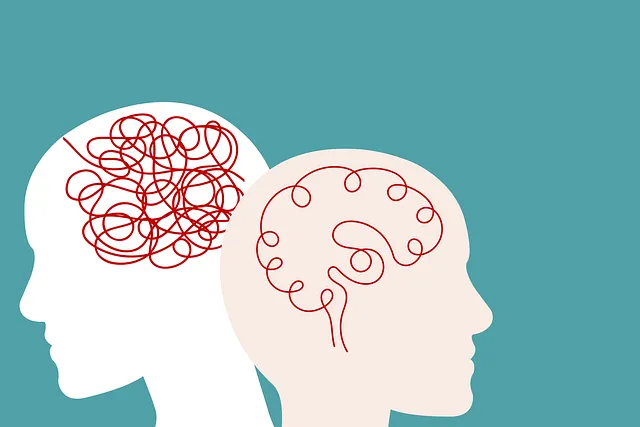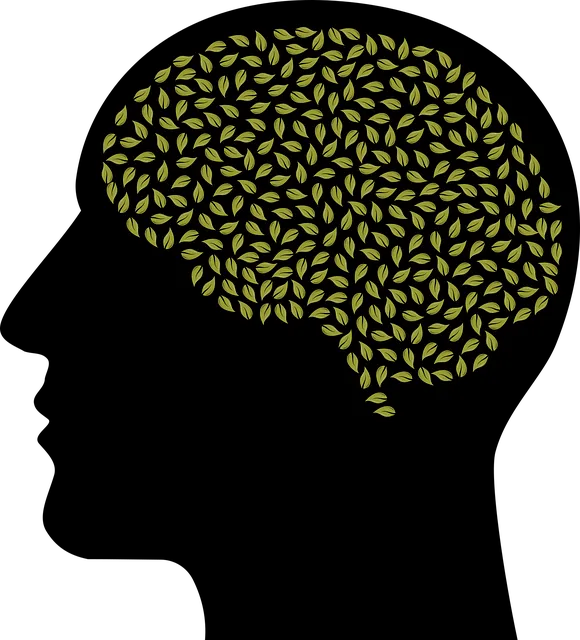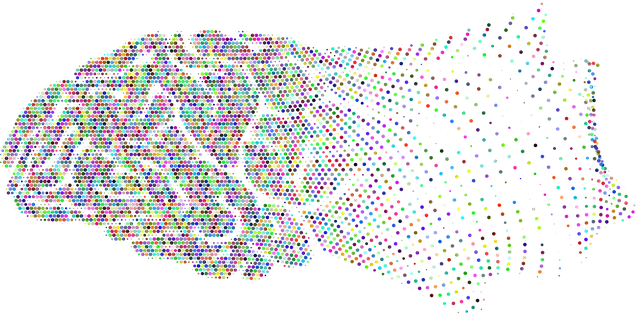Lafayette Kaiser Permanente sets a new standard for employee well-being with its focus on mental health, leading to the development of personalized mental wellness apps. These apps utilize features like mindfulness exercises and stress management techniques to prevent burnout. Key components include mood tracking, goal setting, meditation guides, live chat, and trauma support, all designed with user-centricity and evidence-based practices in mind. Collaboration between mental health experts and app designers ensures effectiveness, while integration with healthcare systems and community outreach programs amplifies the app's impact on mental health care.
In today’s fast-paced world, mental wellness is a paramount concern. According to Lafayette Kaiser Permanente mental health services, there’s a growing need for accessible, personalized solutions. Mental wellness apps emerge as powerful tools, offering support 24/7. This article explores the development of these innovative applications, focusing on understanding user needs, designing essential features, and seamless integration with healthcare systems. By delving into these aspects, we aim to enhance mental health awareness and accessibility.
- Understanding the Need for Mental Wellness Apps
- Key Features and Functionality in App Design
- Development Process and Integration with Healthcare Systems
Understanding the Need for Mental Wellness Apps

In today’s fast-paced world, mental wellness is a cornerstone of overall well-being, especially within healthcare professions known for their demanding schedules and high-stress environments. Organizations like Lafayette Kaiser Permanente recognize the growing need for accessible, personalized solutions to support mental health. Mental wellness apps cater to this demand by offering a variety of tools and resources tailored to individual needs, from cultivating positive thinking to preventing burnout.
These apps are particularly valuable for healthcare providers who often face unique challenges, such as high emotional demands and complex decision-making processes. By incorporating strategies like mindfulness exercises, stress management techniques, and regular check-ins, these digital solutions contribute to the crucial aspect of burnout prevention—a key focus in maintaining a healthy workforce within healthcare organizations like Lafayette Kaiser Permanente.
Key Features and Functionality in App Design

In developing a mental wellness app like those offered by Lafayette Kaiser Permanente, key features and functionality should prioritize user experience and evidence-based practices. The app should offer personalized dashboards allowing users to track their mood, set goals, and access tailored resources based on their needs. Integration of interactive tools such as meditation guides, mindfulness exercises, and cognitive behavioral therapy (CBT) techniques can significantly enhance mental wellness. Moreover, incorporating a Mental Wellness Podcast Series Production feature can provide engaging audio content, offering insights from experts and personal stories that inspire and educate users.
Additional functionalities like live chat or virtual therapy sessions, anxiety relief techniques, and trauma support services can cater to diverse user needs. The app should also ensure data privacy and security, fostering trust among users who share sensitive information. An intuitive design, accessible language, and regular updates based on user feedback are crucial for keeping the app engaging and effective in supporting mental health.
Development Process and Integration with Healthcare Systems

The development process of a mental wellness app involves several critical stages. It begins with thorough research and planning, where identifying target audiences and their unique needs is essential. This step is crucial in tailoring the app’s features to provide relevant support, whether for stress management, anxiety reduction, or trauma healing. Lafayette Kaiser Permanente mental health experts often collaborate with app designers to ensure evidence-based practices are integrated into the software.
Effective integration with healthcare systems is a game-changer in this landscape. The app can seamlessly connect with electronic health records (EHRs), enabling healthcare providers to monitor patient progress and offer personalized recommendations. This real-time data exchange facilitates better care coordination, especially when coupled with community outreach program implementations and mental health education programs design. Trauma support services can also be integrated, providing users with accessible resources for their recovery journeys.
Mental wellness apps have emerged as a vital tool in addressing the growing need for accessible and personalized mental health support. As organizations like Lafayette Kaiser Permanente recognize the importance of digital solutions, app development becomes a powerful means to enhance mental well-being on a larger scale. By integrating user-friendly features and seamless healthcare system integration, these applications can revolutionize access to care, making it more convenient and effective for individuals seeking support for their mental health journey.






